ELECTRICAL POWER SYSTEMS CONSULTANTS
WE DO BUSINESS
SAFER AND RELIABLE
19 AÑOS GARANTIZANDO LA SEGURIDAD ELÉCTRICA
ELECTRICAL ANALYSIS AND STUDIES
- Arc Flash Analysis Ensures compliance with NFPA 70E and improves worker safety in the event of an arc flash, incident energy levels and personal protective equipment (PPE) to be worn by maintenance technicians as well as service providers are calculated.
- Short Circuit Analysis: The equipment that does not have an interruptive capacity is identified according to the fault levels of the short-circuit currents available in each substation of the plant.
- Protective Device Coordination Through this analysis, the optimal operating times of the protections and their selectivity are established in order to avoid power interruptions, unnecessary stoppages and guarantee the safety of personnel and equipment.
- Power Quality Analysis: With the support of a power quality analyzer that we connect to the equipment, we can analyze and solve problems such as poor voltage quality in sensitive electronic equipment, overvoltages, card burning, resonance problems, harmonics, wiring heating, and capacitor banks.
- Motor Starting Analysis: It seeks to obtain the best behavior of the voltage during the motor start, recommend the best solution for its start and analyze the behavior of torque-speed, avoid the activation of the protections during the start of medium and low voltage motors.
- Load Flow Analysis: We analyze the current electrical behavior of the plant, load percentage of transformers, wiring and switches. Which allows us to plan future growth projects in an orderly manner.
- Harmonic Analysis: It seeks to know the existing harmonic distortion levels both in voltages and currents of the system, in order to evaluate the operation of capacitor banks, line reactors and harmonic filters. Electrical studies Monterrey.
- Substation Grounding analysis that allows us to know the step and contact potentials that will be safe for the team and personnel, seeking the best efficiency of the earthing system.
- Power Factor Analysis: Measurements and simulations are carried out in electrical system software to recommend the best location of capacitor banks in order to avoid CFE fines for low power factor and avoid resonance when starting operation.
- Código de red: El objetivo es realizar un plan de trabajo y sus estudios pertinentes en donde se indique el nivel de cumplimiento actual y dar a conocer a la CRE cuales son los siguientes pasos y fechas en los que se podrá tener un cumplimiento al 100% con esta normativa








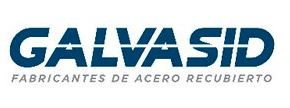


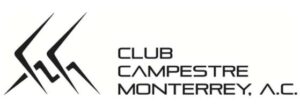




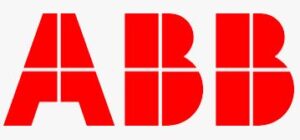





Power System Assessment
IMPROVING THE RELIABILITY AND CONTINUITY OF HIGH, MEDIUM AND LOW VOLTAGE ELECTRICAL SYSTEMS
IMPROVEMENT PROJECTS TO THE ELECTRICAL SYSTEM
WE SUPPORT YOU TO DESIGN
RELIABLE SYSTEMS
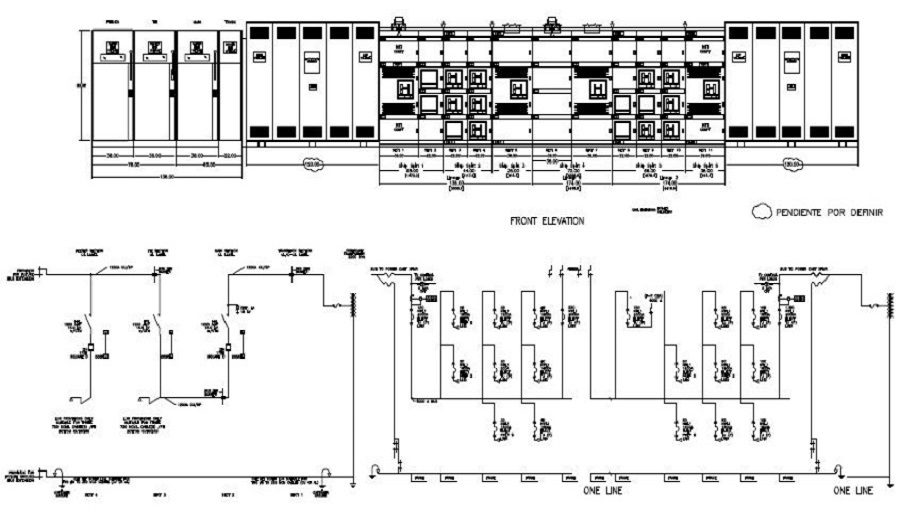
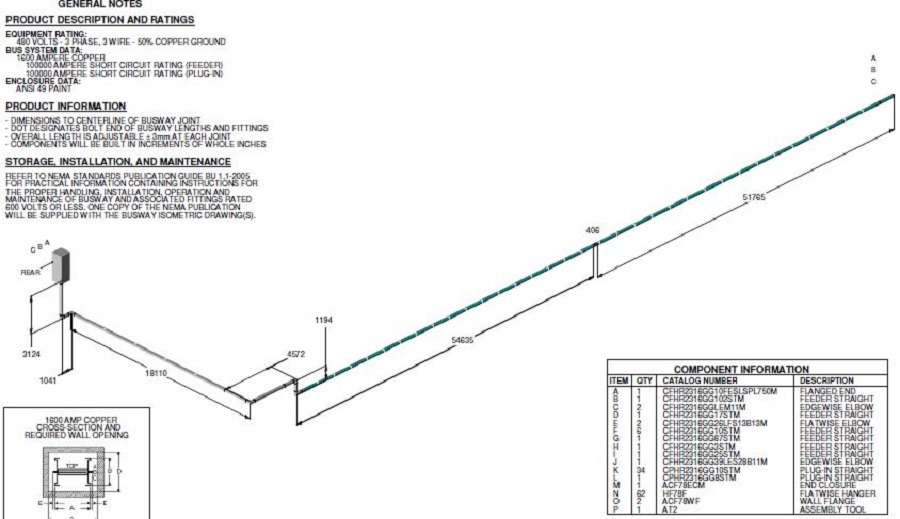
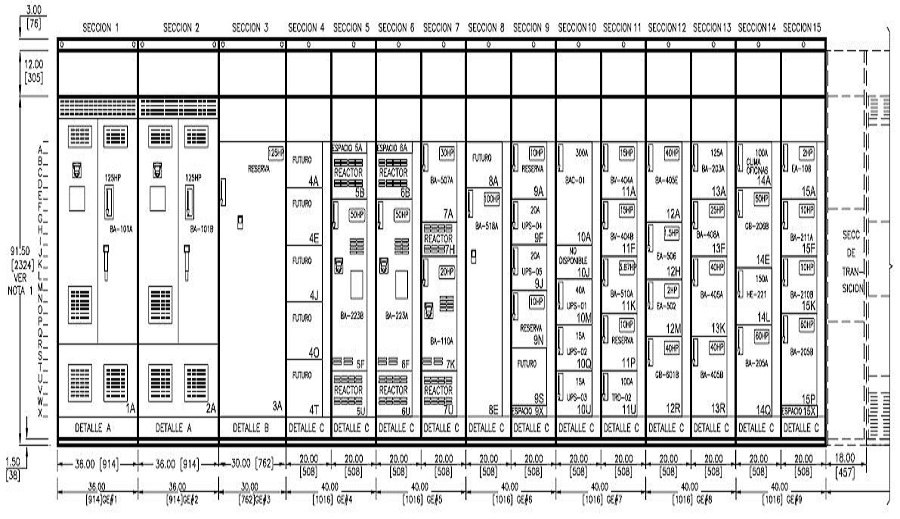
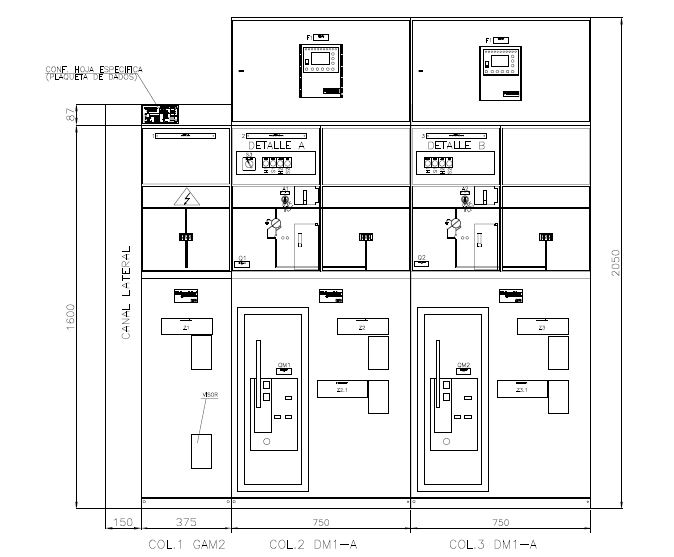
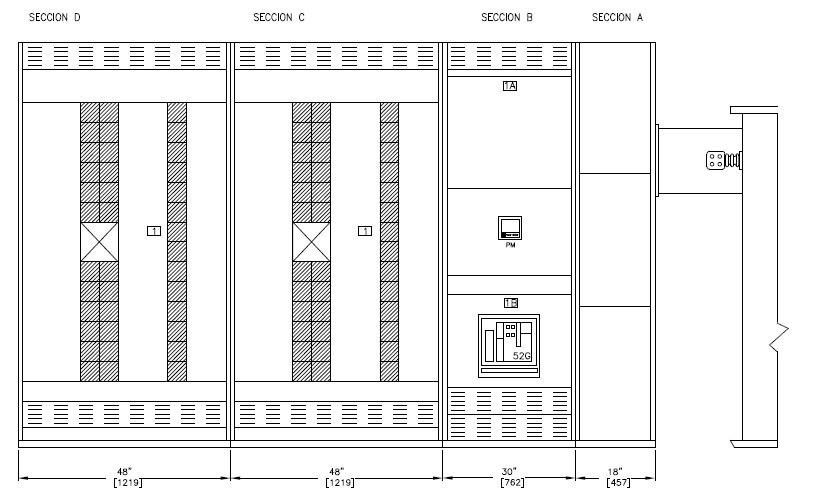
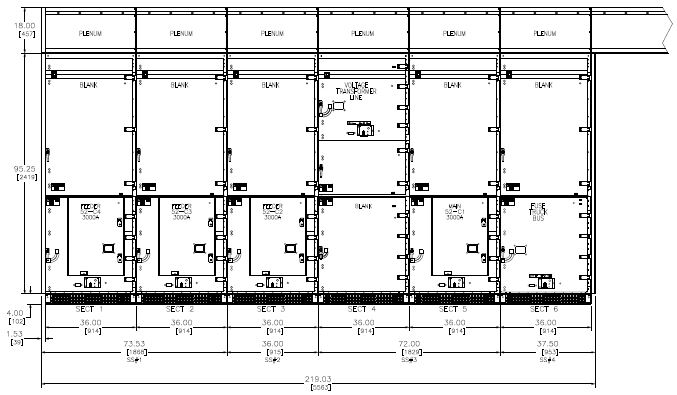
SPECIALISTS IN ELECTRICAL PROTECTIONS
Código de Red 2.0
El Código de Red es la regulación técnica resolución 151 emitida por la Comisión Reguladora de Energía (CRE) en 2016 cuyo objetivo es establecer las obligaciones que deben cumplir los usuarios del Sistema Eléctrico Nacional (SEN) que lleven a cabo actividades como planeación, control operativo, control físico, interconexión y conexión, principalmente, con la finalidad de garantizar la continuidad y la calidad del suministro de energía eléctrica, y fomentar el desarrollo eficiente y confiable de la infraestructura del SEN, para beneficio de todos sus usuarios. El Código de Red se conforma por dos grandes secciones. La primera se refiere a las Disposiciones Generales del Sistema Eléctrico Nacional, en las que se prevén criterios de carácter general con respecto a todas las actividades que se regulan a través del referido documento. La segunda sección se refiere a las Disposiciones Operativas del SEN que se integran por Manuales Regulatorios, Procedimientos y Anexos Técnicos. La actualización más reciente se libera el 31 de Diciembre del 2021 conocida como Código de Red 2.0
Existe alguna prórroga o fecha para cumplir el Código de Red 2.0 ?
El Código de Red fue emitido por la CRE a través de la resolución RES/151/2016, publicada el 8 de abril de 2016 en el DOF. De conformidad con el resolutivo Tercero de la resolución RES/151/2016, el Código de Red entró en vigor al día siguiente de su publicación en el DOF. Por lo anterior, desde su entrada en vigor es de carácter obligatorio para los sujetos a los que les resulte aplicable.
En la versión actualizada el 31 de Diciembre del 2021, nos señala que se tiene un periodo transitorio no mayor a 2 años para el cumplimiento con el Código de Red 2.0 que resulta en la fecha del 31 de Diciembre del 2023.
Que empresas deben cumplir con el Código de Red 2.0 ?
Los Centros de Carga que se encuentren conectados en Media Tensión con voltajes de 13.8kV, 23kV o 34.5kV (Puede ser CFE o un tercero a quien se le compra la energía) y que tengan una demanda contratada mayor o igual a 1 MW. Estos centros de carga deberán cumplir con Código de Red 2.0, que incluye tener un buen factor de potencia, Calidad de la Potencia, estudios eléctricos como coordinación de protecciones y cortocircuito.
Para los Centros de Carga con demanda contratada menor a 1 MW deberán cumplir con Código de Red 2.0, que incluye Desbalance de voltaje y corriente, estudios eléctricos como coordinación de protecciones y cortocircuito.
Para los Centros de Carga conectados en Alta tensión 115kV o mayores deberán cumplir en su totalidad con el Código de Red 2.0 y Manual de TICs, estos requerimientos son más especializados y va a depender también del tipo de carga a consideración del CENACE.
Que pasa si no cumplo con Código de Red 2.0 ?
El Código de Red 2.0 nos comenta que quienes dejen de observar las disposiciones del Código de Red, se sujetaran a las sanciones establecidas en el artículo 165, fracción I, inciso k, y fracción II, inciso c, de la LIE (Ley de la Industria Eléctrica). Por dejar de observar se consideran multas del 2 al 10% de los ingresos brutos del año anterior y por incumplimiento se consideran multas desde 50 mil a 200 mil salarios mínimos.
Como podemos ayudarte a cumplir con el Código de Red 2.0 ?
Ofrecemos un paquete en donde integramos los servicios y estudios necesarios para generar el Plan de Trabajo que presentamos en conjunto contigo a la CRE (Comisión Reguladora de Energía), en este Plan de Trabajo informamos sobre el grado de cumplimiento y las fases en desarrollo para cumplir al 100% con el Código de Red 2.0. El objetivo de este Plan de Trabajo es evitar multas al avisar a la CRE sobre el avance de cumplimiento y para estar preparado con evidencias y carpeta de trabajo por si se recibe alguna visita de parte de la CRE.
Dentro de estos servicios y estudios se tiene lo siguiente:
- Actualización de diagrama unifilar
- Actualización de estudios de coordinación de protecciones y cortocircuito
- Instalación de equipos de medición de Calidad de la Potencia en transformadores de planta
- Generación de Reporte de Cumplimiento con el Código de Red 2.0
- Generación de Especificación Técnica de los equipos que ayudarán a cumplir con el CDR
- Propuestas de Solución en base a Presupuestos de Planta
- Generación del Plan de Trabajo para presentar a la oficialía de partes de la CRE
- Apoyo para la entrega del Plan de Trabajo a la oficialía de partes de la CRE
SHARE YOUR INFORMATION TO SEND YOU A QUOTE

Tel. 8131382697 Del Comendador # 180, Monterrey, Nuevo León
PROTELEM - PROTECCIONES ELÉCTRICAS MÉXICO

